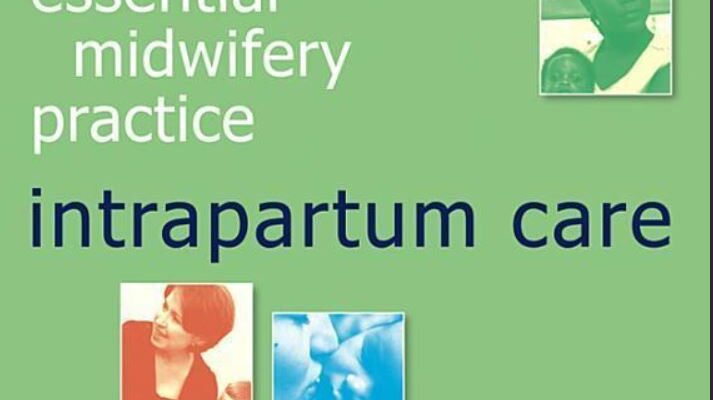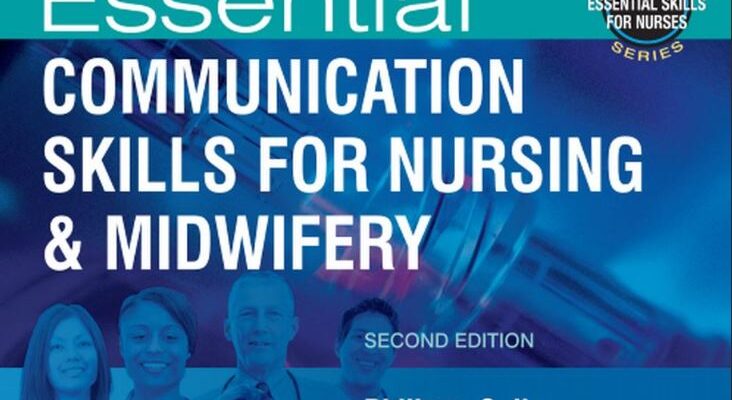Patient-Centered Care:
An Introduction to What It Is and How to Achieve It
A Discussion Paper for the
Saskatchewan Ministry of Health
The Medical System in Ghana
See discussions, stats, and author profiles for this publication at: https://www.researchgate.net/publication/265393597
The Medical System in Ghana
Reproductive Health Manual For Trainers of Community Health Workers
This Reproductive Health Manual for Trainers of Community Health Workers has been
developed by CEDPA to help organizations who provide RH services through the CBD
approach, train their CHWs in RH.
Basic Psychology for Nurses
This book contains multiple choice questions, short and long
answer and essay questions at the end of each chapter. Readymade
availability of multiple choice questions, short and long essay
questions will help the students in quick review and preparation for
final examination. I hope that this book will help fast as well slow
learners to understand certain intricate concepts of psychology.
Practical Epidemiology Using Epidemiology to Support Primary Health Care
Practical Epidemiology is a valuable resource for individuals interested with the
fundamentals of epidemiology and public health. This book has been thoughtfully
designed to cater to the needs of healthcare professionals, providing a practical and
user-friendly approach to health investigation and planning beyond routine tasks.
Oxford Handbook of Midwifery
This is a welcomed addition to the midwifery literature and a resource
which is likely to become part and parcel of the midwife’s ‘bag of tools’.
I commend this work to the profession and trust that it will aid midwives
and other healthcare professionals in meeting the demands and challenges
of health service provision in the 21st century.
FAMILY PLANNING
This chapter presents the 2003 GDHS findings on contraceptive knowledge and use, attitudes,
and sources, as well as exposure to media messages about family planning. The information is
particularly useful for policymakers, programme managers, and researchers in population and family
planning, and provides a means to assess the success of the Ghanaian family planning programme.
Although the focus is on women, some results from the male survey are also presented, since men play an
important role in realising women’s reproductive goals. Comparisons are also made, where feasible, with
findings from previous surveys in order to evaluate trends occurring in Ghana over the last fifteen years
Essentials of Nursing Research Appraising Evidence for Nursing Practice
This book marks the seventh time we have worked on this textbook, which is
designed to teach students how to read research reports and critique the methods
used in nursing studies. It is perhaps difficult to imagine that writing a seventh edi-
tion of a textbook on research methods could be fun—but that is exactly the right
word to describe our experience in working on this new edition. We have made
many changes to the content and organization of this textbook, and the revisions
kept our enthusiasm and energy for this project at a very high level. We are confi-
dent that we have introduced numerous improvements—but at the same time, we
have retained many features that have made this book a classic throughout the
world. We think that this edition will make it easier and more satisfying for nurses
to pursue a professional pathway that incorporates thoughtful appraisals of evi-
dence.
Essential Midwifery Practice: Intrapartum Care
his book is an attempt to bring together experts in their respective
fields to place in one volume, for the first time, a comprehensive
examination of normal birth practice. A glance through the Contents
pages will reveal the variety of perspectives included here. Soo and I
wanted to capture, as far as we could, a holistic overview of the current
state of knowledge and skills in the wonderful complexity of labour
and birthing.
Essential Communication Skills for Nursing and Midwifery
This book explores how we communicate every day in nursing and midwifery
practice. It focuses on the communication skills needed for the development
of effective and professional therapeutic relationships. The aim is to enable
practitioners to reflect on the effectiveness of their communication skills in practice
and to build on their existing skills. This reflection is encouraged, acknowledging
that practitioners have differing levels of ability and recognising that these abilities
vary according to the situation and the demands made on those involved.




